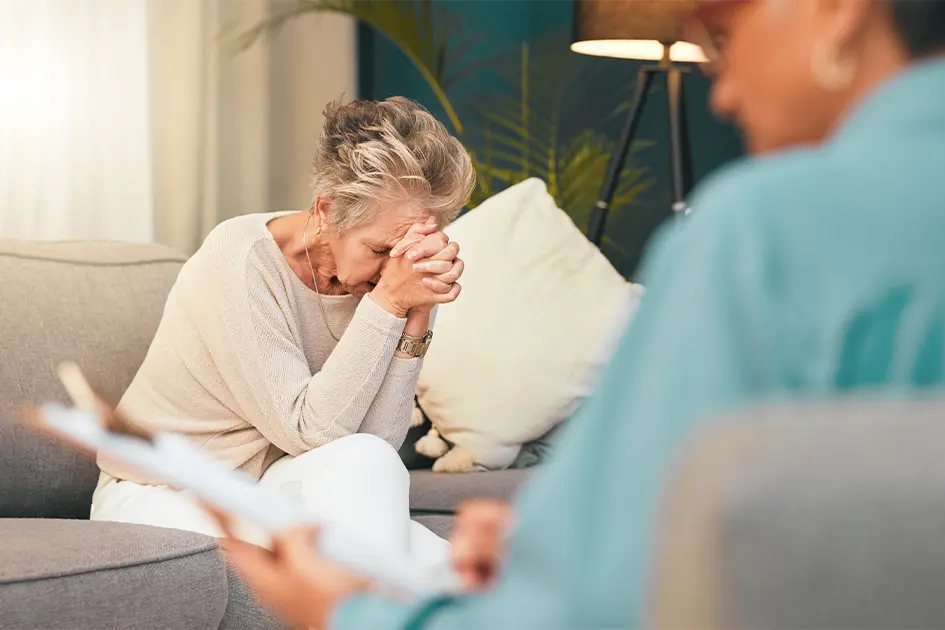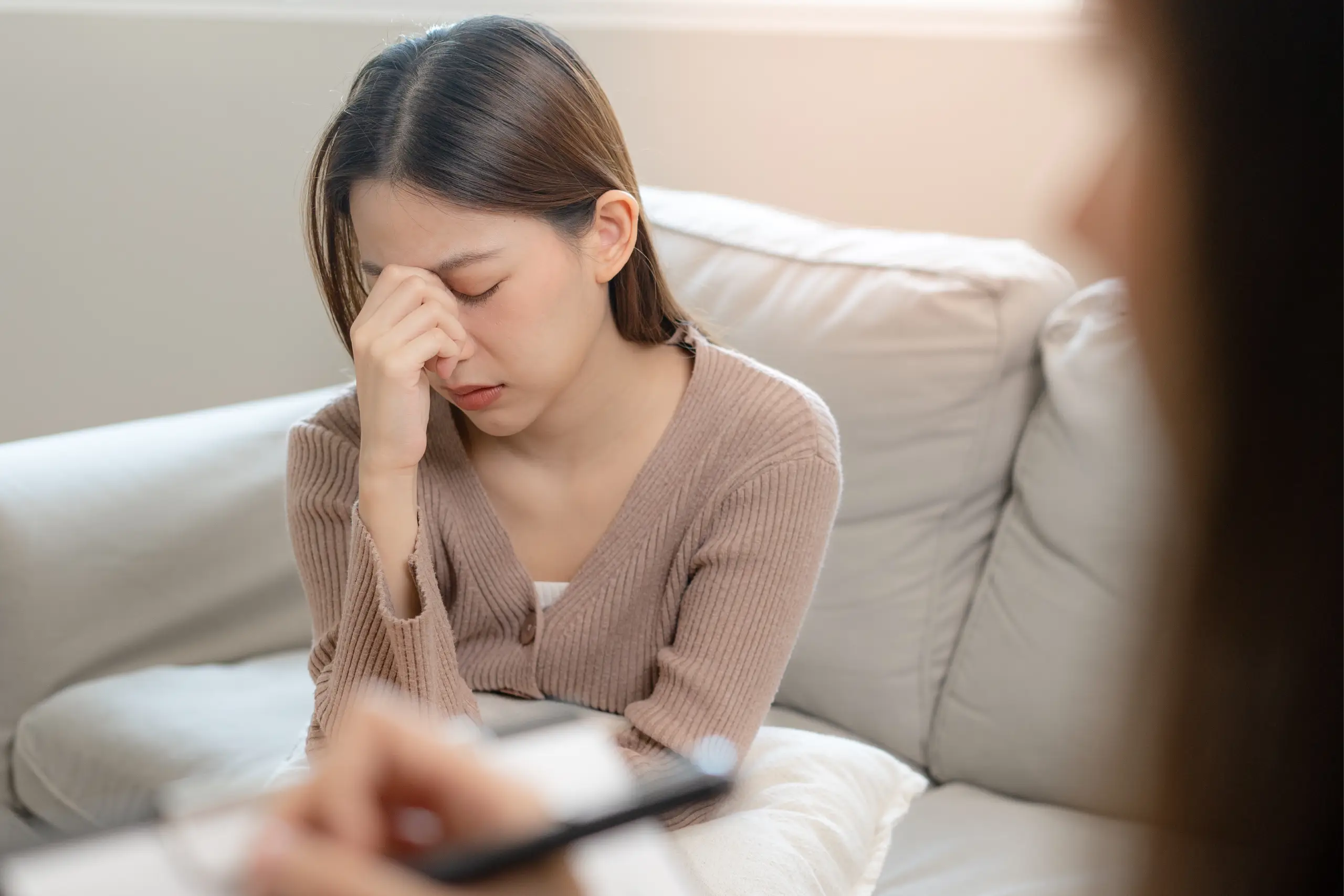Anxiety can occur sporadically or periodically, it can make us feel that our hands and body are shaking, our heart is pounding, while we enter a state of panic. Emotions and feelings come together to unleash like a storm, and we can only wait for it to pass. But, is there anything we can do to help this storm calm down, instead of just staring out the window?
Not all of us have the same symptoms, but there are certain universal symptoms that we can quickly identify, often, anxiety disorders involve repeated episodes of sudden feelings of intense anxiety and fear that reach a peak within minutes.
Have you ever felt any of these symptoms?…
- Tired or weak
- Intrusive thoughts
- Increased breathing and heartbeat
- Trouble sleeping
- Tightening sensation in the chest
- Unsubstantiated and growing worries, and restlessness
- Sweating, trembling.
- Experiencing gastrointestinal (GI) problems
- Headache for no apparent reason
We need to know that anxiety is a disorder that everyone can experiment anytime, it can be managed with therapy, and by becoming a constant presence, due to the difficulty it presents when we try to control it, this disorder can severely affect us in our day to day life, making a presence in our most common tasks, disabling us for long periods of time. There are exercises that are helpful and powerful tools that will make these episodes less difficult if you start applying them.
You should try:
- Sit in a quiet and comfortable place. Focus on the rhythm of your breathing. Take a slow and regular breath in through your nose. Repeat this process until you begin to feel your anxiety lessen.
- Place one hand on your chest and the other on your stomach. For 3 to 5 seconds you should inhale deeply, feel how the lungs and stomach fill with air, focus on the sensation. Repeat the cycle for several minutes until your breathing has become slow, deep, and even.
- Relaxing by visualizing is a powerful technique. Imagine being in your favorite place, at the ocean, sitting in a comfort room, or listening to the sound of the wind.
- Try different ways of interrupting your anxious thought process, such as singing, listing to music, or reading a book.
- Be conscious when you shift your attention to a task at hand and focus on how you feel.
Maybe you’re wondering “Are there other ways to deal with anxiety”?
There are long-term practices that are essential when working on the management and prevention of anxiety. It’s essential to keep in mind that many times we will find ourselves in the situation of changing our lifestyle for the benefit of health. Even knowing how hard that can be, it is our duty to ourselves to keep in mind that these changes that we must implement are to improve our health, both physical and mental.
- Practice yoga.
- Exercise (take walks, run, etc).
- Eat healthy.
- Improve sleep habits.
It’s hard… we know, but:
We must always remember that these processes are like a roller coaster, there will be days when you will be at the highest peak, but other days will not be so good, and that is where we must trust and especially have a commitment to ourselves.










